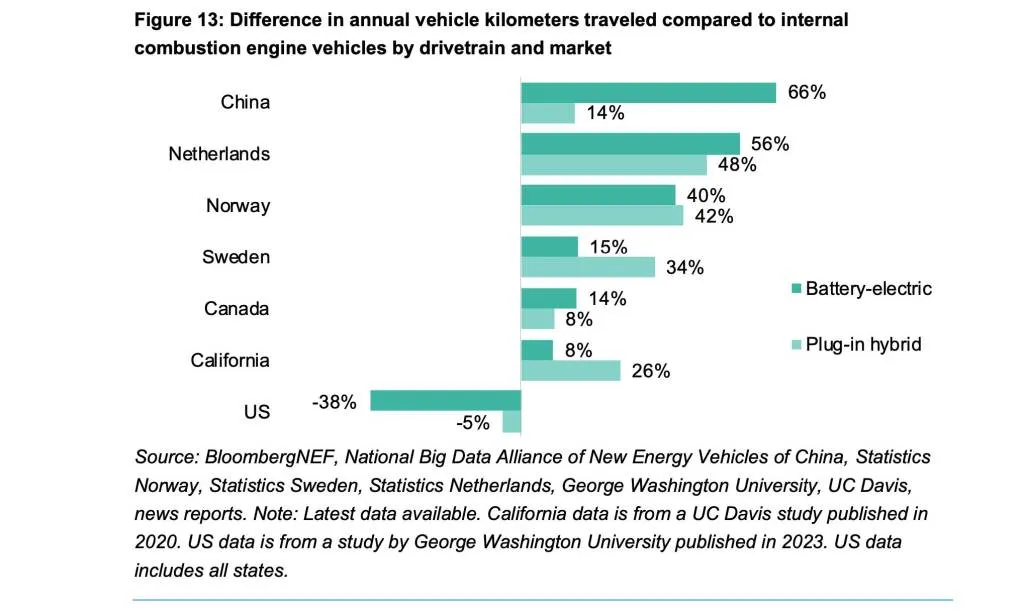

- cross-posted to:
- [email protected]




They’re punishing EV adoption so that we’ll keep buying gasoline. It’s obvious what they’re up to, and corrupt as fuck. The Democrats, at least one of the few with a spine, should say that as soon as they’re back in office, they’ll refund the punitive charges and massively tax gasoline and diesel fuel.
Trying to claw back the “glory days” at the cost of everything else I see. I hate to say it but China is going to dominate in the new order Trump created.
One thing to take into consideration is that EVs are much heavier than their ICE counterparts which means they contribute to more road damage.
Then tax by weight and not engine type. Freight trucks already don’t pay their fair share in infrastructure costs.
Edit: EVs are about 18-24% heavier than their Ice equivalent. Still doesn’t add up to the proposed costs.
Road wear is a 4th power formula to weight. So for a car that weighs 1.25 times the average, it would do 2.44 times the damage. These formulas may be fair. They would be vastly different if you included the damage from burning fuel in populated areas, though.
They are fair for calculating road damage. But that would also mean that large trucks should be paying hundreds of times as much as passenger vehicles.
And that’s not the only reason to tax vehicles: urban crowding, danger to pedestrians and cyclists, pollution from fossil fuels (if used), the social and political cost of dependence on fossil fuels, particulate emissions from non-combustive sources such as tires and brakes, and I’m sure there are a few more too.
I absolutely agree, which is why I gave an example of a factor that is almost entirely ignored in those calculations.
Fair point, but it’s still a flat tax regardless of miles driven. Current Gen EVs see a lot less miles/yr in the US vs combustion.

So at 1.25x weight with that mileage you should only expect 1.5x the cost.
I’m not a huge fan of any cars but this is a pretty regressive scheme.
Oh, I agree. “Let’s factor in this one externality on the more responsible choice while we ignore all the externalities on the alternatives.”
Lived in Ohio, had that BS. My PHEV (which still uses gas for long trips) was taxed additional $200 a year, same as an EV.
My calculations came out to something similar - at ~15,000 mi driven a year and optimal battery use, I paid about the same as a car/truck with 20-25MPG. That is the MPG my first car, a 90s sedan, got.
Real incentives for efficiency and progress. /s